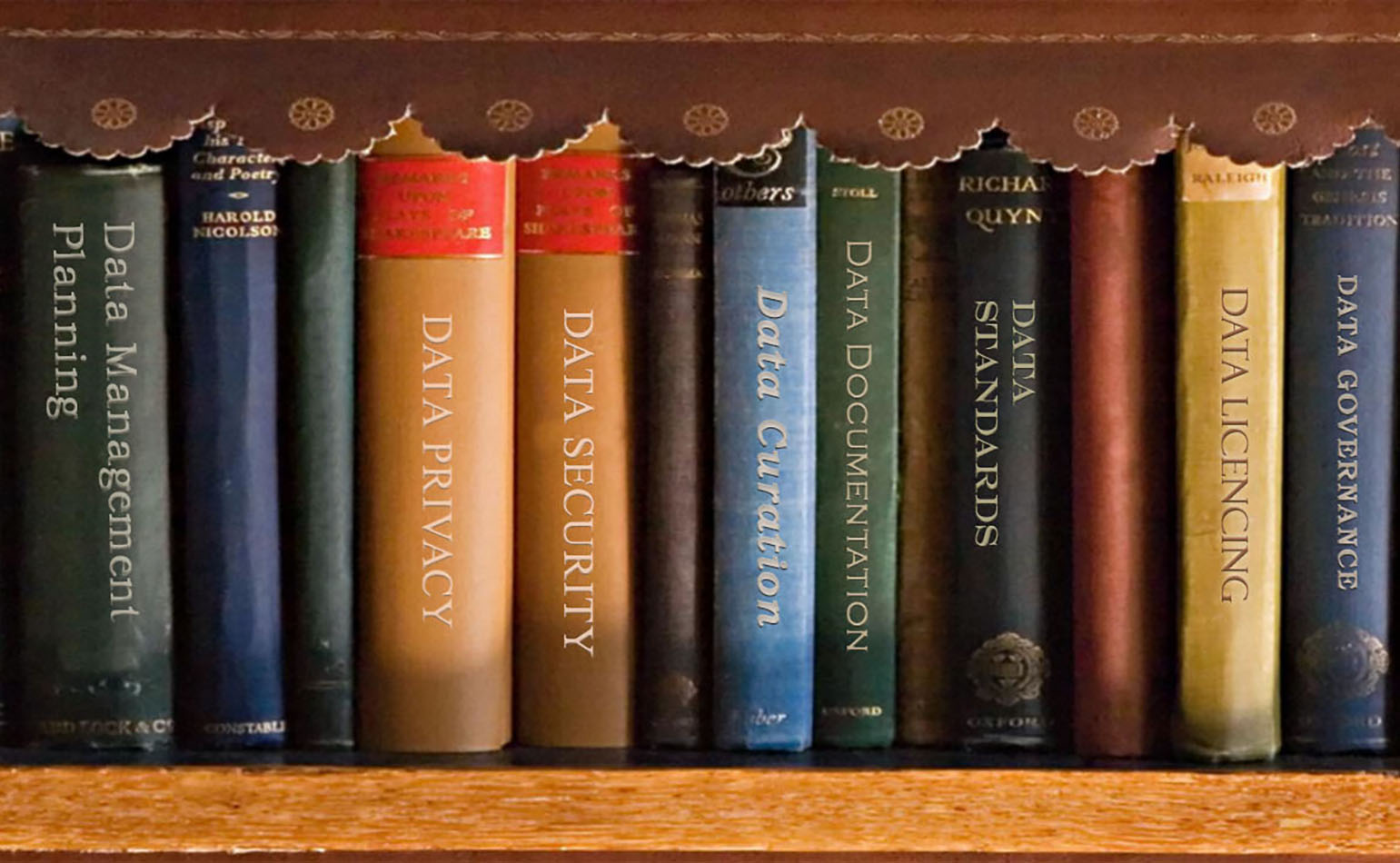Good decision making is inextricably linked to good data, so it’s important that we reliably capture, store, analyse, and manage the wealth of data being generated by Soil CRC’s research projects. Dr Nathan Robinson from Federation University Australia is leading our ‘Improving soil data management’ project, which is helping uncover available soil data and enabling better data management.
“Our aim is to develop a fit-for-purpose approach to better manage data for future Soil CRC projects and develop solutions for improved sharing and reuse of national soils data,” Dr Robinson said. “We’re particularly focused on sensor data streams and developing and sharing use cases in soils data management for best practice.”
The project was designed in response to the rapid advances in technology that are leading to exponential growth in available soils data. Current and evolving technologies such as soil sensing and inference systems are two examples where increased soil data is now available.
“Technologies are leading to new scientific insights and discoveries about soil management, yet practices for managing this data have been largely ignored,” Dr Robinson explained.
“Documenting soil data for posterity is essential for improved soil security in response to global challenges like climate change, food security, and environmental and ecosystem services, including water infiltration and habitats for all.”
He said the key challenges to soil data management are the difficulties and costs associated with managing this data as an enduring asset. “Ensuring the interoperability and availability of soil data is essential as new technologies are being used.”
The project team have collected insights from current project partners to inform the research. They conducted surveys and focus groups to understand the soil data management practices and needs of our researchers, project partners and postgraduate students.
Results to date have shown that as a community, soil researchers are not as progressed in data management as might been expected. There is a lack of a common, shared understanding of what data management is, and participants often do not share data.
There has been high interest for training and education in data privacy, security, storage, standards, documentation, licencing, sharing and retention. Participants also reported finding it difficult to calculate the cost of good data management.
“The project will map current research data management practices, develop tools to assist researchers to better manage their research data and improve the visibility (and thereby opportunity for reuse) of current soil data, incorporating data from new technologies for soils, improving accessibility of soils data in the future,” Dr Robinson said.
Due to wrap up this year, the project is a collaboration with researchers from Charles Sturt University and the University of Tasmania, and industry partners from Manaaki Whenua Landcare Research New Zealand and NSW Department of Primary Industries.

